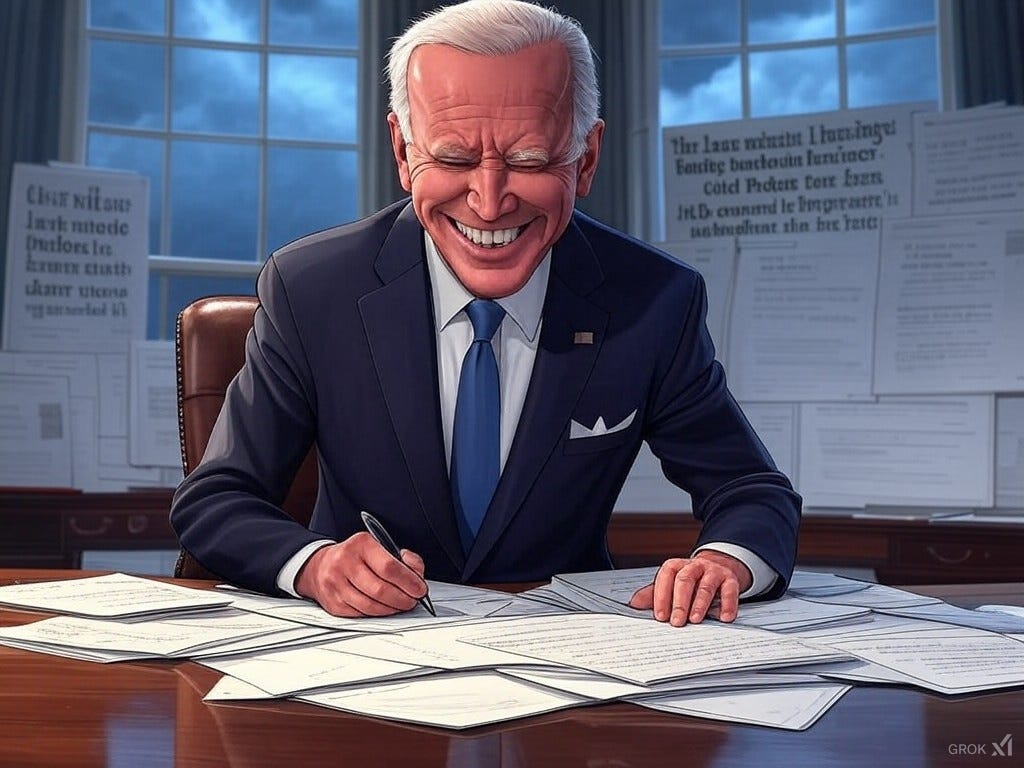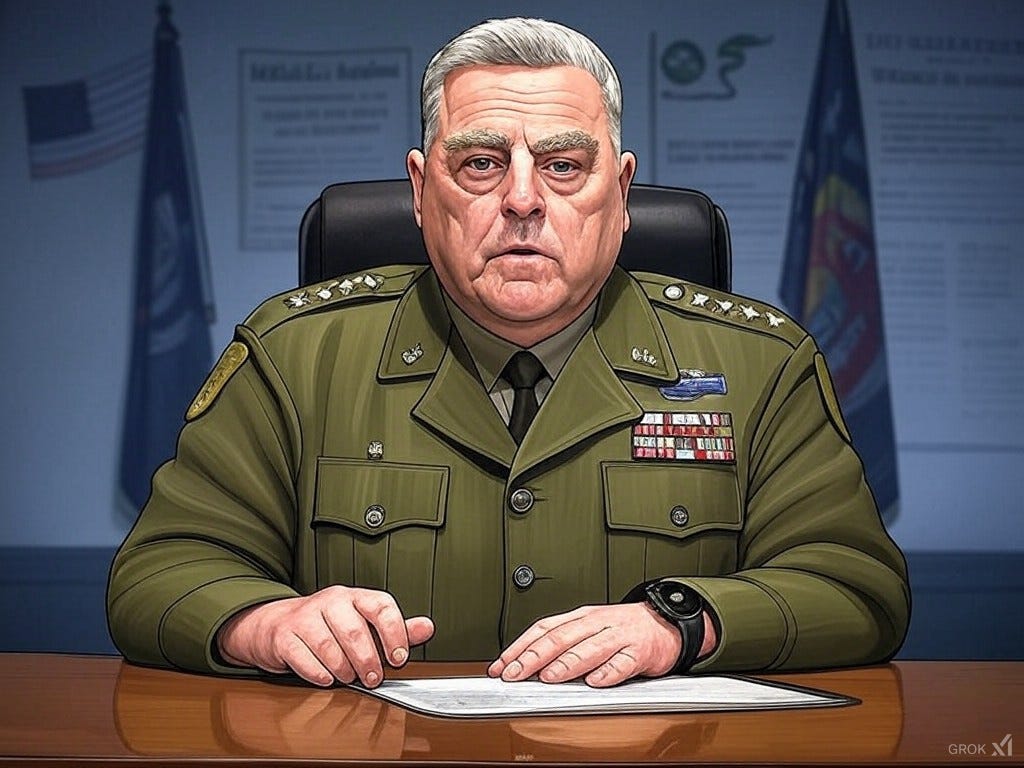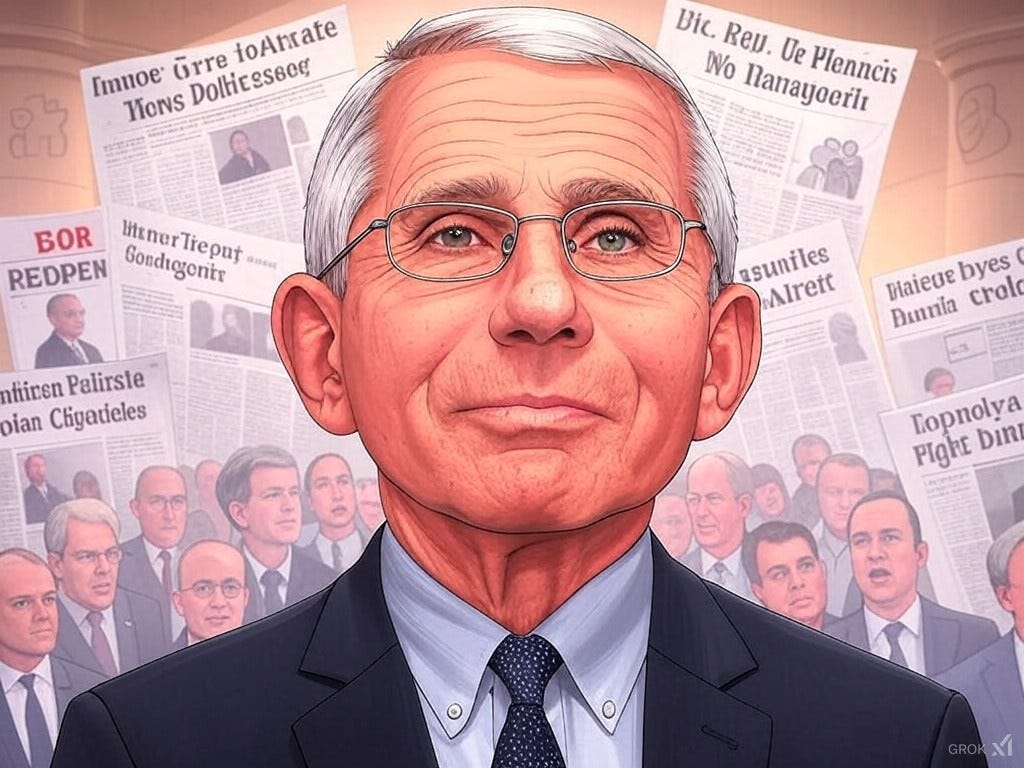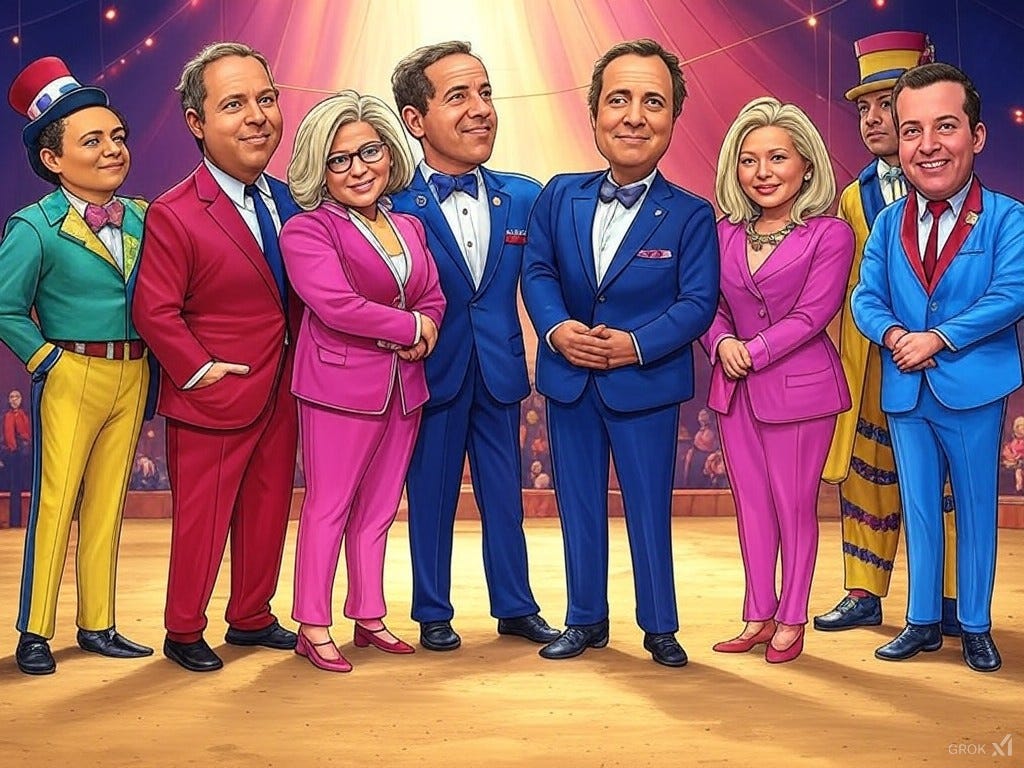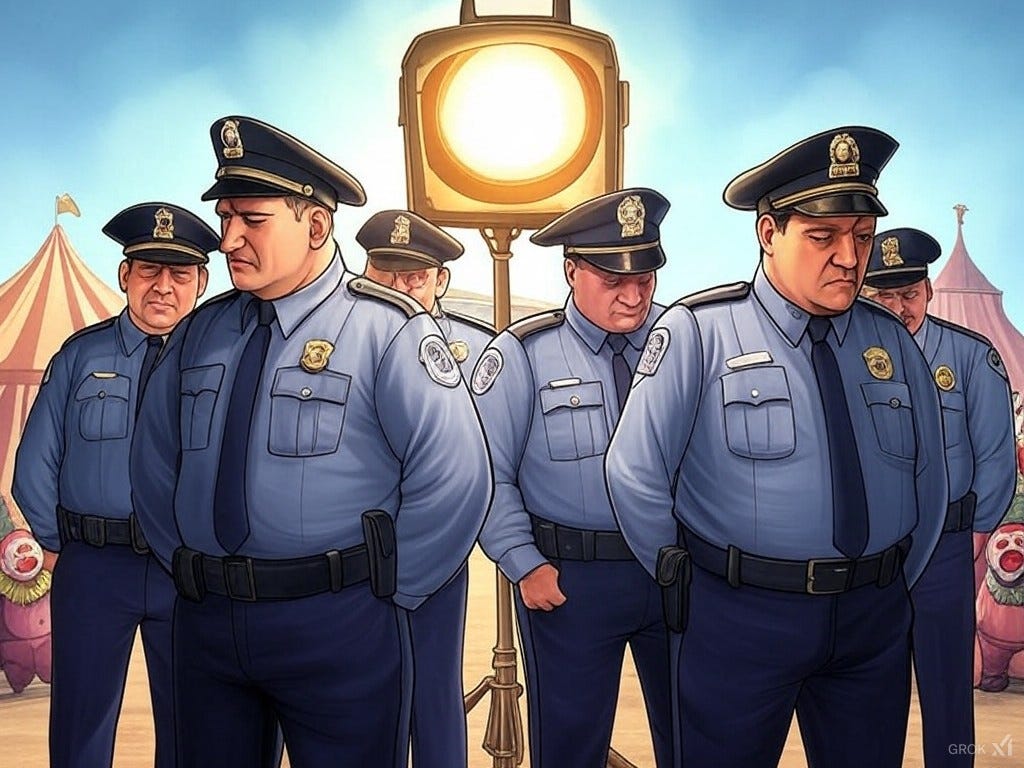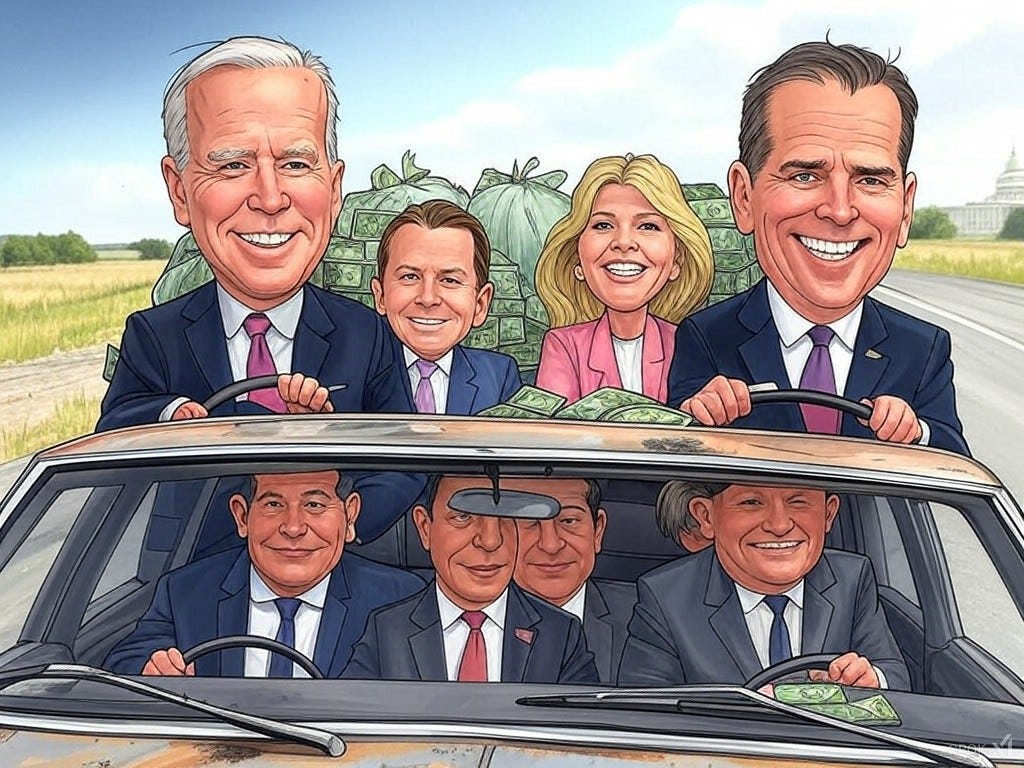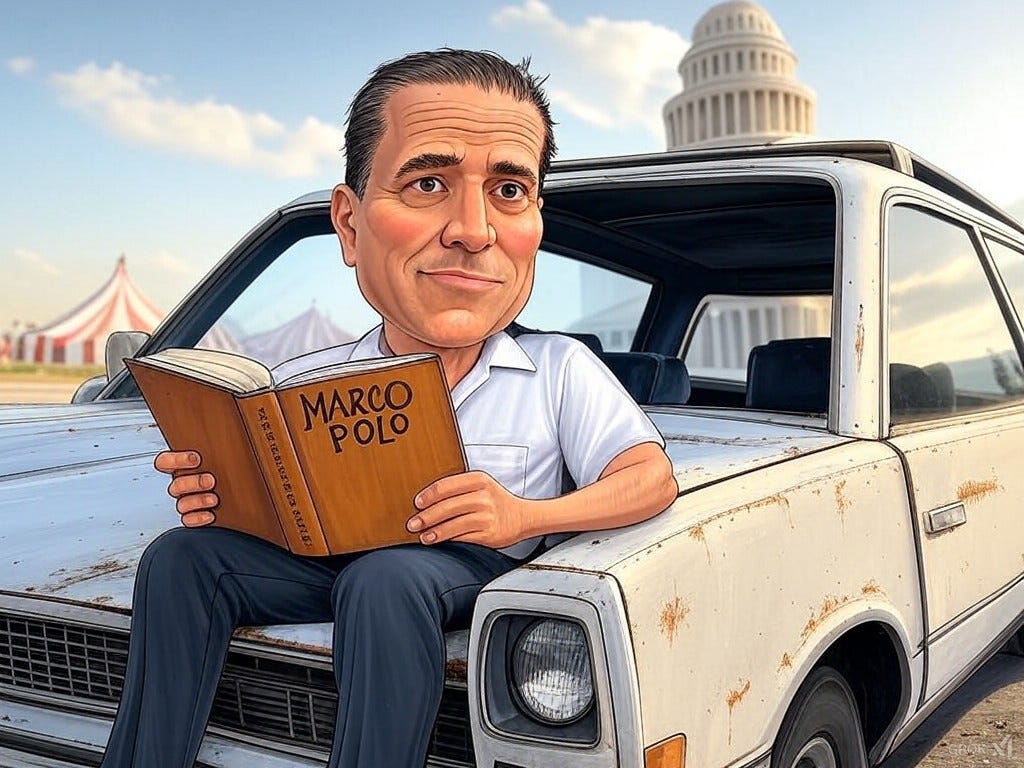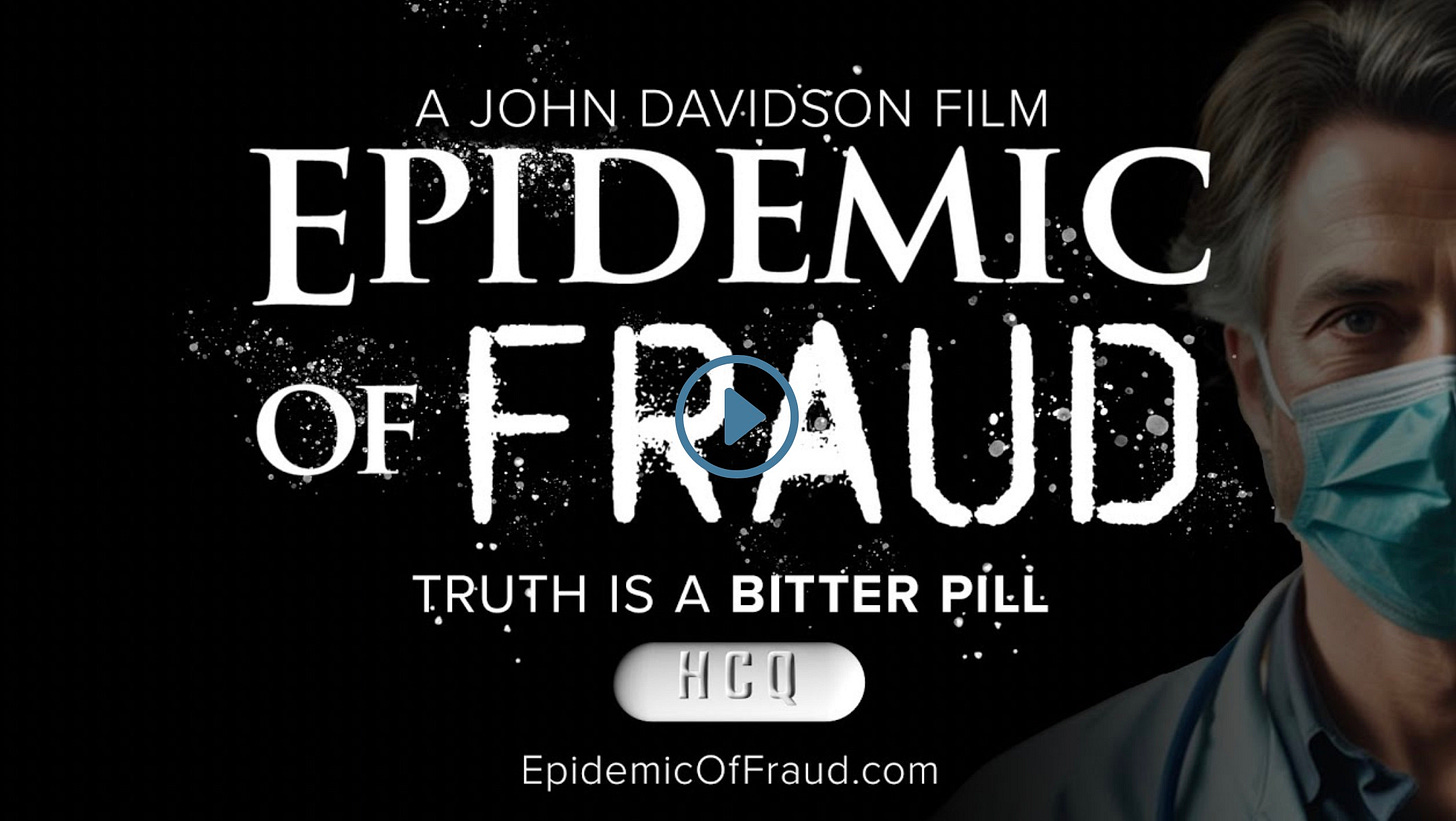Biden's Final Act: Controversial Pardons Unveiled Amidst Allegations and Political Fireworks
Biden's last-minute pardons ignite controversy. From Fauci to the J6 Committee, explore allegations, political motives, and the historical context of presidential clemency. Dive in for the full story.
On January 20, 2025, as President Joe Biden concluded his term, he issued a series of pardons to public officials, politicians, and family members, igniting debates about the use and ethics of presidential clemency. This article delves into the specifics of these pardons, the allegations against the recipients, and how Biden's actions measure up against historical precedents.
Legal Framework of Presidential Pardons
The power to pardon is enshrined in Article II, Section 2 of the U.S. Constitution, which grants the President the ability "to grant Reprieves and Pardons for Offences against the United States, except in Cases of Impeachment." This authority has been interpreted broadly, allowing for preemptive actions, as seen in historical instances like Gerald Ford's pardon of Richard Nixon.
The Pardoned Individuals and Their Allegations
1. General Mark A. Milley:
Allegations:
Unauthorized Communications: Accusations emerged from "Peril" by Bob Woodward and Robert Costa, alleging Milley made covert calls to China to reassure them of U.S. stability. This led to criticisms from figures like Senator Marco Rubio, suggesting these actions could be insubordinate or even treasonous.
Political Overreach: Conservative critics accused Milley of overstepping by engaging in what they perceived as political commentary, especially after his remarks on "white rage" in the military.
Pardon Context: This pardon might be seen more as a protective measure than an acknowledgment of wrongdoing, with the caveat that innocent people don't need pardons.
2. Dr. Anthony S. Fauci:
Allegations:
Funding Gain-of-Function Research: Allegations that NIAID, under Fauci's leadership, funded research at the Wuhan Institute of Virology that could be classified as gain-of-function. This was based on FOIA requests and subsequent reports. The House Oversight Committee's report, "A Select Subcommittee on the Coronavirus Pandemic FINAL REPORT", further elaborates:
Direct Involvement: Accusations that Fauci was directly involved in or aware of the nature of research being conducted, potentially violating U.S. moratoriums on gain-of-function research.
Misleading Congress: The report claims Fauci misled Congress by denying in testimony that NIAID was funding such research, with evidence suggesting otherwise from his interactions and emails.
Remdesivir Promotion: Criticized for the trial endpoint shift from mortality to "time to recovery," potentially to skew results in favor of Remdesivir. There were also concerns about the drug's side effects, including its association with acute kidney injury, which some claim contributed to hospital deaths.
Handling of the Pandemic: Accusations of inconsistency, like early mask guidance, and his endorsement of prolonged school closures.
Alleged Cover-up of Virus Origins: Emails released under FOIA have fueled claims that Fauci suppressed the lab leak theory, with the House report suggesting:
Suppression of Information: Allegations that Fauci and his staff at NIAID engaged in efforts to discredit or downplay the lab leak hypothesis through scientific publications and media.
Manipulation of Scientific Discourse: The report accuses Fauci of influencing the "Proximal Origin" paper to dismiss the lab leak theory prematurely.
Conflicts of Interest: His association with EcoHealth Alliance has been scrutinized for potential conflicts, particularly in relation to funding decisions and oversight.
Perjury: Allegations of misleading Congress during testimonies about research funding, with the House report adding weight to these claims by providing a detailed timeline of Fauci's statements and contradictions.
Pardon Context: Likely a preemptive move to protect Fauci from what might be perceived as politically motivated legal actions, with the understanding that innocent individuals don't require such protections. The House report's findings could have potentially led to formal investigations or legal proceedings, making this pardon a significant point of contention regarding accountability versus political protection.
3. Members of the January 6th Committee:
Allegations:
Evidence Destruction: Claims from conservative media and political figures like Rep. Jim Jordan that the committee may have destroyed or withheld evidence, though these remain unproven in legal terms. However, some critics like Rep. Barry Loudermilk have pointed to disorganized or missing records, suggesting mishandling of evidence.
Political Bias: Accusations of conducting a biased investigation aimed at political retribution. The report asserts:
Non-Partisan Approach: The findings focus on the actions of former President Donald Trump, claiming the central cause of January 6th was his actions and influence.
Criminal Referrals: Recommended criminal charges against Trump, focusing on legal accountability rather than political vendetta.
Witness Tampering: Suggestions of possible witness tampering by Trump and his allies, with the committee countering these actions.
Television Production Techniques: The committee was criticized for employing former television producers like James Goldston, the former president of ABC News, to dramatize the hearings. This approach, aimed at engaging the public through a narrative-driven presentation, led to accusations of turning the hearings into a "TV show" rather than maintaining the solemnity of a congressional investigation. Critics argue this method was used to manipulate public perception, focusing more on entertainment value than on the judicial process.
Named Individuals:
Bennie Thompson (D-MS) - Chairman:
Allegations include evidence destruction and political bias, with critics claiming the investigation was aimed at damaging Trump's political standing.
Liz Cheney (R-WY) - Vice Chair:
Accused of evidence destruction and political bias. She faced significant backlash from her party for her role in the committee, seen as a betrayal by some Republicans. Also accused of misleading the public.
Adam Schiff (D-CA):
Impeached for alleged abuse of power and misleading Congress during Trump's impeachment inquiry. Accusations include fabricating or exaggerating evidence.
His impeachment was viewed by some as political retaliation for his role in Trump's impeachment.
Jamie Raskin (D-MD):
Criticized for political bias and selective evidence presentation to push a narrative against Trump.
Zoe Lofgren (D-CA):
Accusations of evidence manipulation and political bias in the committee's work.
Adam Kinzinger (R-IL):
Criticized by some Republicans for betraying the party by joining the committee, with accusations of participating in a biased investigation.
Elaine Luria (D-VA):
Accused of contributing to a one-sided narrative against Trump, with general criticisms on evidence handling.
Pete Aguilar (D-CA):
Claims of political bias and presenting evidence selectively to support the committee's conclusions.
Stephanie Murphy (D-FL):
Similar accusations of engaging in a politically driven investigation with criticisms about evidence presentation.
Pardon Context: These pardons could be interpreted as protective measures against potential political vendettas, keeping in mind the principle that innocent people don't need pardons. However, the committee's report paints a picture of a methodical investigation aimed at uncovering and documenting the facts surrounding January 6th, rather than engaging in the destruction of evidence or biased reporting. The use of television producers to enhance public engagement with the hearings has been both praised for transparency and criticized for showmanship.
4. U.S. Capitol and D.C. Metropolitan Police Officers:
Allegations:
Exaggeration or Misrepresentation: Some have accused these officers, like Aquilino Gonell, of exaggerating their experiences or misrepresenting events for political gain, though these claims largely come from partisan sources.
Pardon Context: These actions might aim to safeguard these officers from future political or legal attacks, with the reminder that innocent people don't require pardons.
5. Ernest William Cromartie:
Allegations:
Bribery: Convicted of conspiracy to commit bribery, part of a scheme involving South Carolina city council members accepting bribes for legislative votes.
Pardon Context: Reflects broader clemency for non-violent offenders, with the understanding that innocent individuals don't need pardons, suggesting a rehabilitative or merciful intent.
6. Gerald G. Lundergan:
Allegations:
Campaign Finance Violations: Convicted for illegally funneling contributions to his daughter's U.S. Senate campaign, breaching federal campaign finance laws.
Pardon Context: Similar to Cromartie, this pardon highlights clemency for non-violent crimes, with the principle that innocence does not necessitate a pardon.
7. Members of Biden's Family:
Allegations:
Unspecified: While specific allegations against each family member weren't detailed in public records, the House Oversight Committee's investigation into the Biden family, as outlined in their report, has been a focal point. The report alleges that:
The Biden family engaged in influence peddling, using Joe Biden's public office for personal gain, particularly through international business dealings.
Financial transactions involving over $10 million from foreign entities were flagged as suspicious, though no direct evidence linking President Biden to these transactions was presented.
There were allegations of a "complicated network" of companies used to conceal large financial transactions, suggesting potential money laundering or tax evasion.
This investigation, led by Chairman James Comer, aimed to explore if these activities posed risks to national security or influenced Biden's decision-making as President.
Pardon Context: These pardons, intended to prevent what Biden saw as politically motivated legal pursuits, have sparked debates about nepotism, especially in light of the House Oversight Committee's findings. The principle that innocent people don't need pardons is particularly poignant here, as these actions could be seen as protective measures rather than admissions of guilt.
8. Hunter Biden:
Allegations (from the Marco Polo "Biden Laptop from Hell" report and other sources):
Financial Misconduct: Including money laundering through shell companies, tax evasion, and violations of the Foreign Agents Registration Act.
Personal Conduct: Extensive drug use, prostitution, and sex crimes allegations, including distribution of explicit images.
Business Dealings: Influence peddling, corruption, and bribery related to international business ventures.
Legal and Ethical Issues: Misrepresentation and violations like the Mann Act for transporting individuals across state lines for illegal activities.
Pardon Context: Hunter Biden was pardoned earlier by President Biden, which has been heavily scrutinized as an act of nepotism. The pardon was justified by Biden as necessary to protect his son from what he perceived as politically motivated legal actions, especially given the incoming administration's focus on investigating Biden family affairs. The notion that "innocent people don't need pardons" adds complexity to this case, as the pardon can be seen both as a protective measure and as potentially undermining legal accountability.
Historical Perspective on Presidential Pardons
Biden's pardons at the end of his term are part of a long tradition where U.S. Presidents have used their clemency powers:
George Washington to Donald Trump have varied widely in the number of pardons:
George Washington - 16
Abraham Lincoln - 343
Franklin D. Roosevelt - 2,819
...
Donald Trump - 237
Joe Biden - By the end of his term, Biden's total was:
Individual Pardons: 201 (including January 20, 2025, and Hunter Biden's earlier pardon)
Commutations: 1,500
Biden's focus on commutations for those affected by the COVID-19 crisis and pardons for non-violent offenders marks a significant use of presidential clemency, reflecting both policy and political considerations.
Conclusion
The pardons issued by President Biden on his last day in office, along with the earlier pardon of Hunter Biden, underscore the complex interplay between law, politics, and personal ethics. They have sparked discussions on accountability, the role of presidential clemency, and the balance between justice and political strategy. As history has shown, the use of the pardon power by U.S. Presidents continues to be a potent tool with far-reaching implications.
Demand Media Tell Your Stories
Crimes committed during the COVID-19 pandemic have not been properly reported. Click this button to submit audience feedback to all the major networks & studios demanding that the stories they omitted be told.
Add your name to the end of the email and send it. Thank you!
Check out our documentary “Epidemic of Fraud”. Learn how the people who helped bring fentanyl to the market tried to convince the American people that a drug similar to tonic water was deadly. Watch now.


